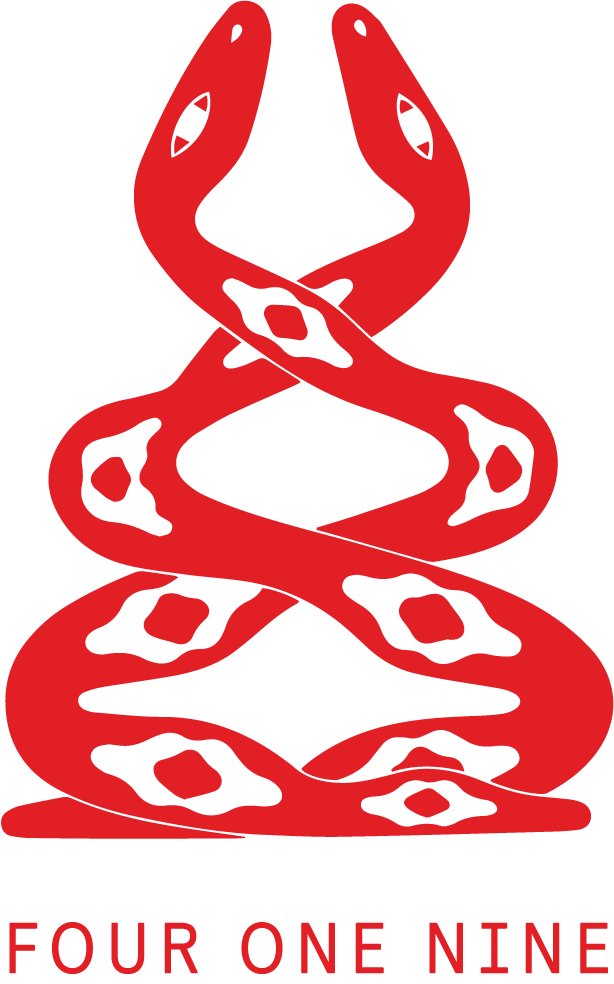Seeing vs. Observing
This is monthly affirmations, a newsletter from founder Sonya Yu. Each month, she imparts a saying to incorporate into daily life to live in attunement with your most authentic self.
There's one question I ask my kids a lot.
"What's the difference between seeing and observing?"
I ask them this when they're not paying attention or are feeling overwhelmed. They hate the question because it seems like a trick. Aren't they the same? they wonder. Then I reveal the answer: the difference is paying attention.
I harp on this because the difference between seeing and observing is crucial for learning and problem solving. They're currently 9 and 6, two ages when developing these skills is of utmost importance. But the difference is important to remember at every life stage.
When we see, we're on autopilot. Our triggers and habitual reactions take precedence. That means we either take everything personally or don't engage with situations at all. When we observe, we pay attention. Our curiosity is piqued and our judgment is suspended. When that happens, we're less inclined to shame ourselves, which leads to clearer perception filters and processing capabilities. It helps us identify the true problem and find solutions.
Recently I put seeing vs observing into practice when someone told me, "You are the product of helicopter parenting."
In the immediate moment, it felt like a deep misread of me. My internal dialogue went: That couldn’t be further from the truth. How dare you. You don't know me. I attempted to write off this person using my expected defenses. In seeing mode, my impulse was to shut down. But in observation mode, I got curious. I was able to suspend my reaction to the comment and identify my actual emotional experience and where it was coming from.
I took a breath and used this framing exercise to help me settle into the moment:
When this situation happens _____________
I am seeing _____________
But what I am observing ___________
I am going to self-soothe or problem solve by ______________
Then I filled in the blanks:
When this situation happens where my upbringing is misunderstood
I am seeing inaccurate criticism
But what I am observing is real emotional hurt within me
I am going to self-soothe or problem solve by being gentle with my inner child and reminding her that she is loved and supported by me. That my validation of her experiences is enough.
Using this framework helps depersonalize me from the situation and it's useful for personal matters, business encounters, love quarrels, really anything where you need a moment to pause.
By shifting from seeing to observing, we can reframe situations and take responsibility for our own feelings and well-being instead of blaming others or giving our power to someone else.
XOS
